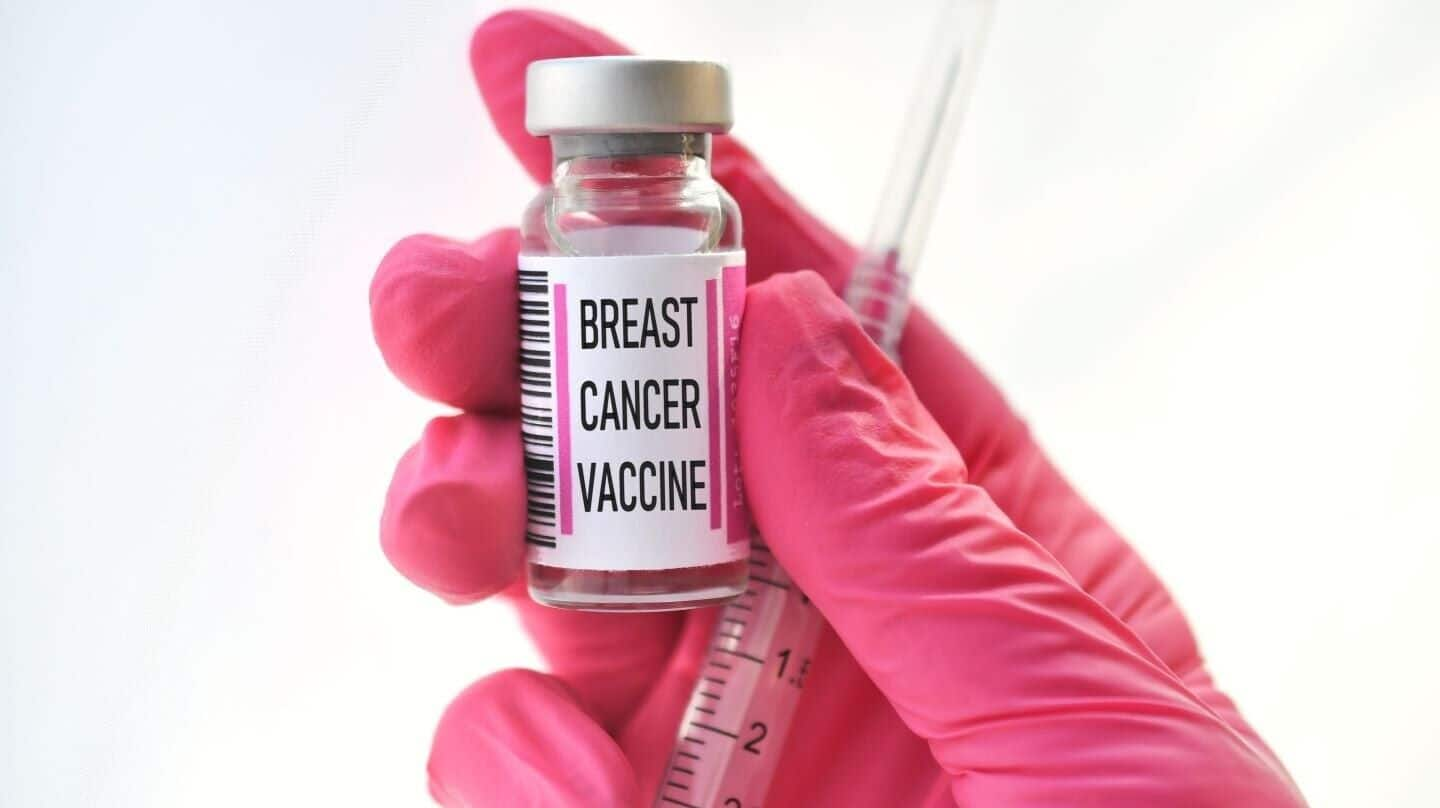
Breast cancer vaccine shows promise in 1st clinical trial
What's the story
A groundbreaking vaccine designed to prevent and treat breast cancer has shown a strong immune response in its first clinical trial. The study, conducted by Anixa Biosciences and the Cleveland Clinic, involved 35 women, most of whom had triple-negative breast cancer. Over 75% of the participants showed a strong immune response, as measured by antibodies on their white blood cells.
Innovative approach
The vaccine targets a specific protein in breast cancer cells
The vaccine works by targeting a molecule called alpha-lactalbumin, which is found in higher concentrations on breast cancer cells. This protein is usually absent in women except during pregnancy and breastfeeding. The idea to target alpha-lactalbumin was proposed by a scientist at the Cleveland Clinic in 2018, leading to the development of this innovative vaccine.
Safety profile
Only side effect was irritation at the injection site
The only side effect observed in the first phase of the trial was irritation at the injection site. The second phase, which will begin next year, will test the vaccine on a larger group and for other types of breast cancer. "It's a very new mechanism and we think that if this works and is able to prevent cancer, then we can perhaps eliminate breast cancer as a disease," Dr. Amit Kumar, CEO of Anixa Biosciences, told The Post.
Information
Study funded by US Department of Defense
The study, which is being hailed as groundbreaking medical research, is funded by the US Department of Defense. Kumar hopes that the current federal funding cuts won't affect their work. The researchers plan to present their findings to the White House later this year.